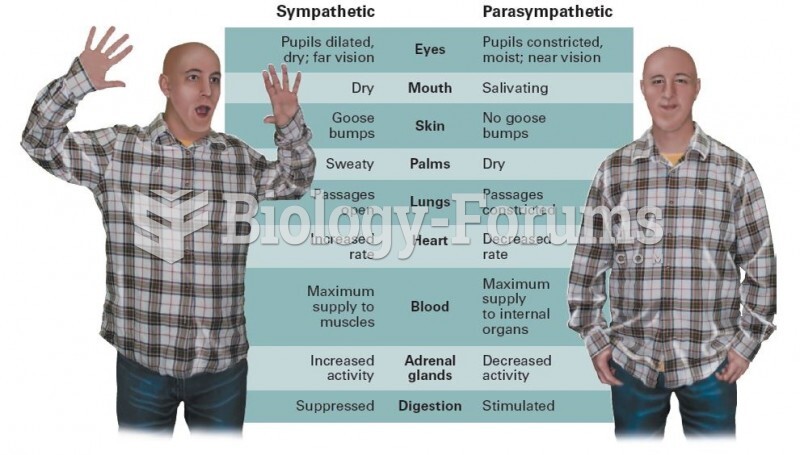Answer to Question 1
Correct Answer: 1, 3, 5
Rationale 1: The Security Rule of HIPAA became mandatory in 2005 and governs the security of electronic protected health information. Guidelines for confidentiality and security of computerized records include the installation of a firewall to protect from unauthorized access.
Rationale 2: Guidelines for confidentiality and security of computerized records include assignment of a personal password to enter and log off computer files. The password should not be shared with anyone, including other team members.
Rationale 3: The Security Rule of HIPAA became mandatory in 2005 and governs the security of electronic protected health information. The nurse should learn to never leaving a monitor unattended after logging on.
Rationale 4: The Security Rule of HIPAA became mandatory in 2005 and governs the security of electronic protected health information. Turning the monitor away from view is not a sufficient safeguard.
Rationale 5: The Security Rule of HIPAA became mandatory in 2005 and governs the security of electronic protected health information. Guidelines for confidentiality and security of computerized records include shredding all confidential information.
Answer to Question 2
Correct Answer: 1
Rationale 1: Documentation helps a facility receive reimbursement from the federal government. The client's clinical record must contain the correct diagnosis-related group (DRG) codes and reveal that the appropriate care has been given. Coded diagnoses, such as DRGs, are supported by accurate, thorough recording by nurses.
Rationale 2: This would not necessarily result in the problem related to reimbursement because it is a reasonable diagnostic test to perform in this situation.
Rationale 3: This would not necessarily result in the problem related to reimbursement.
Rationale 4: This would not necessarily result in the problem related to reimbursement.







